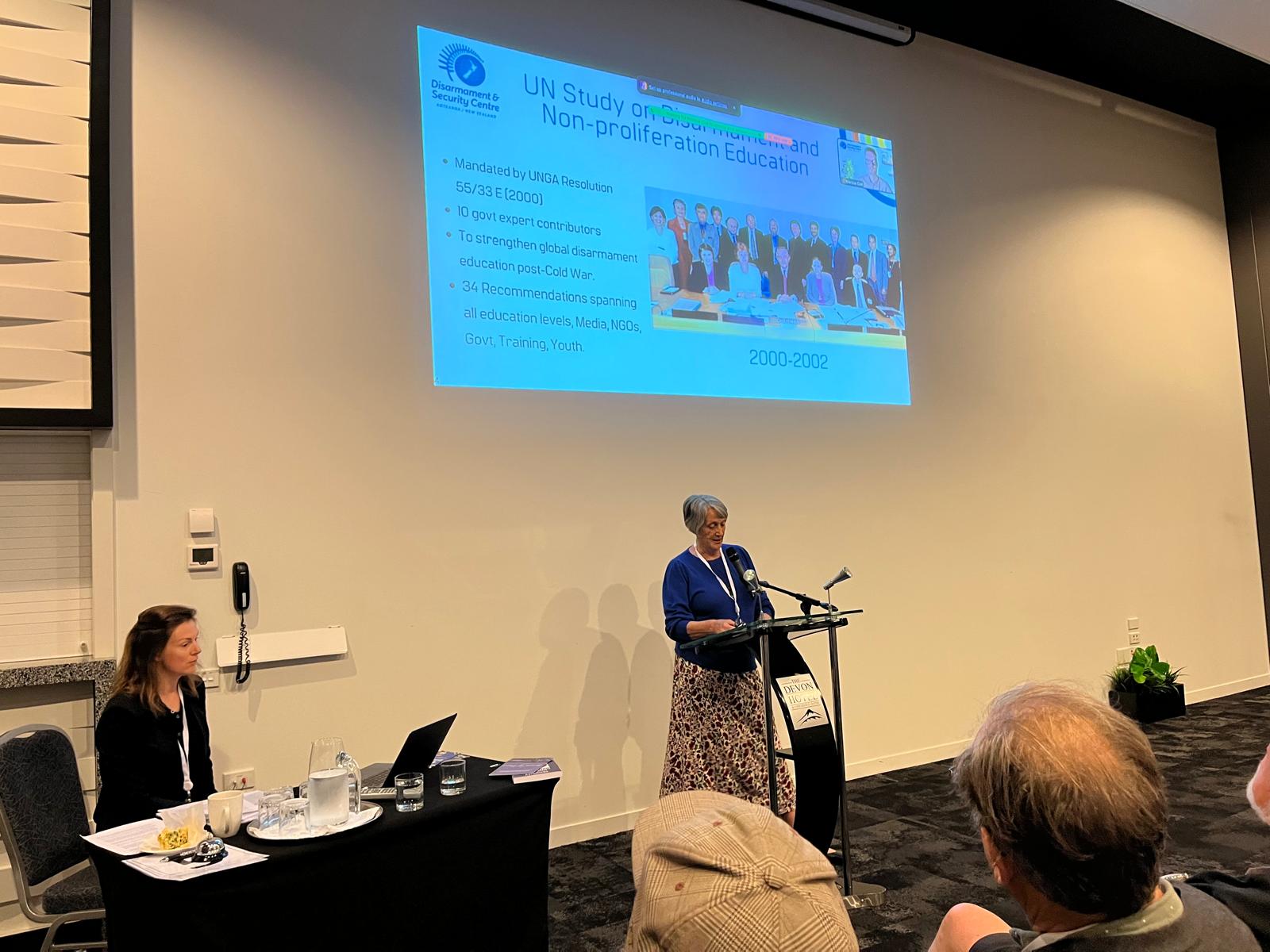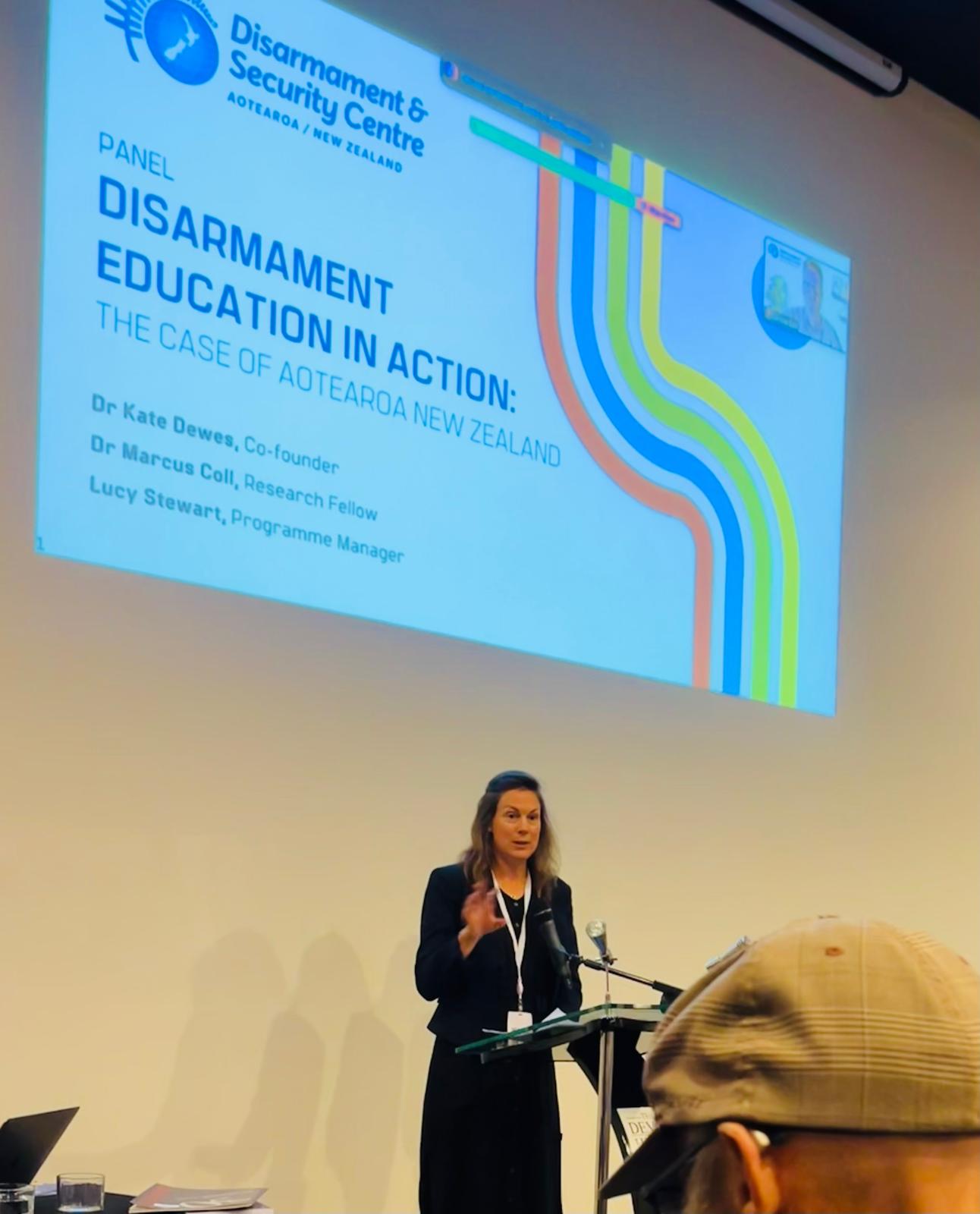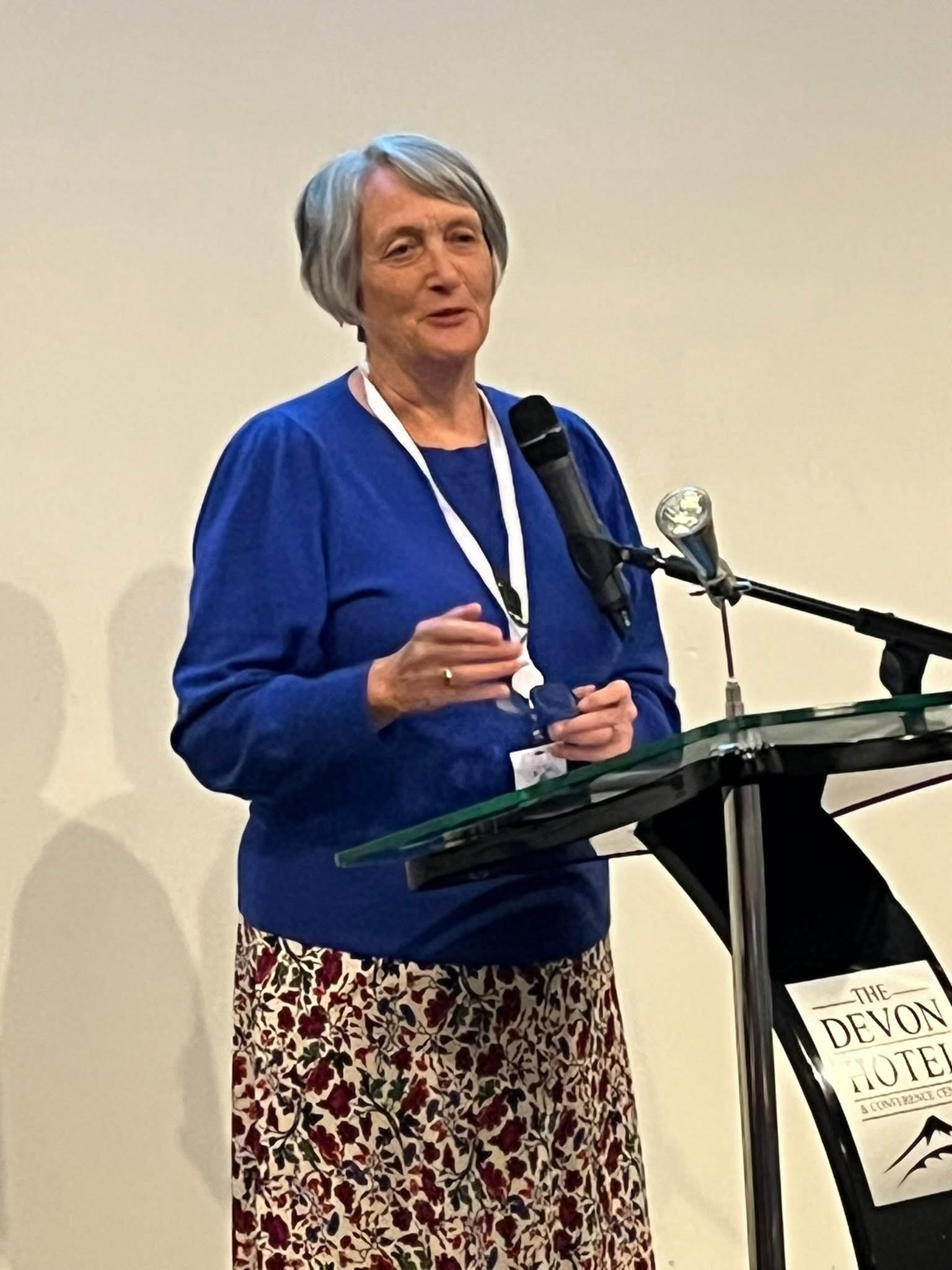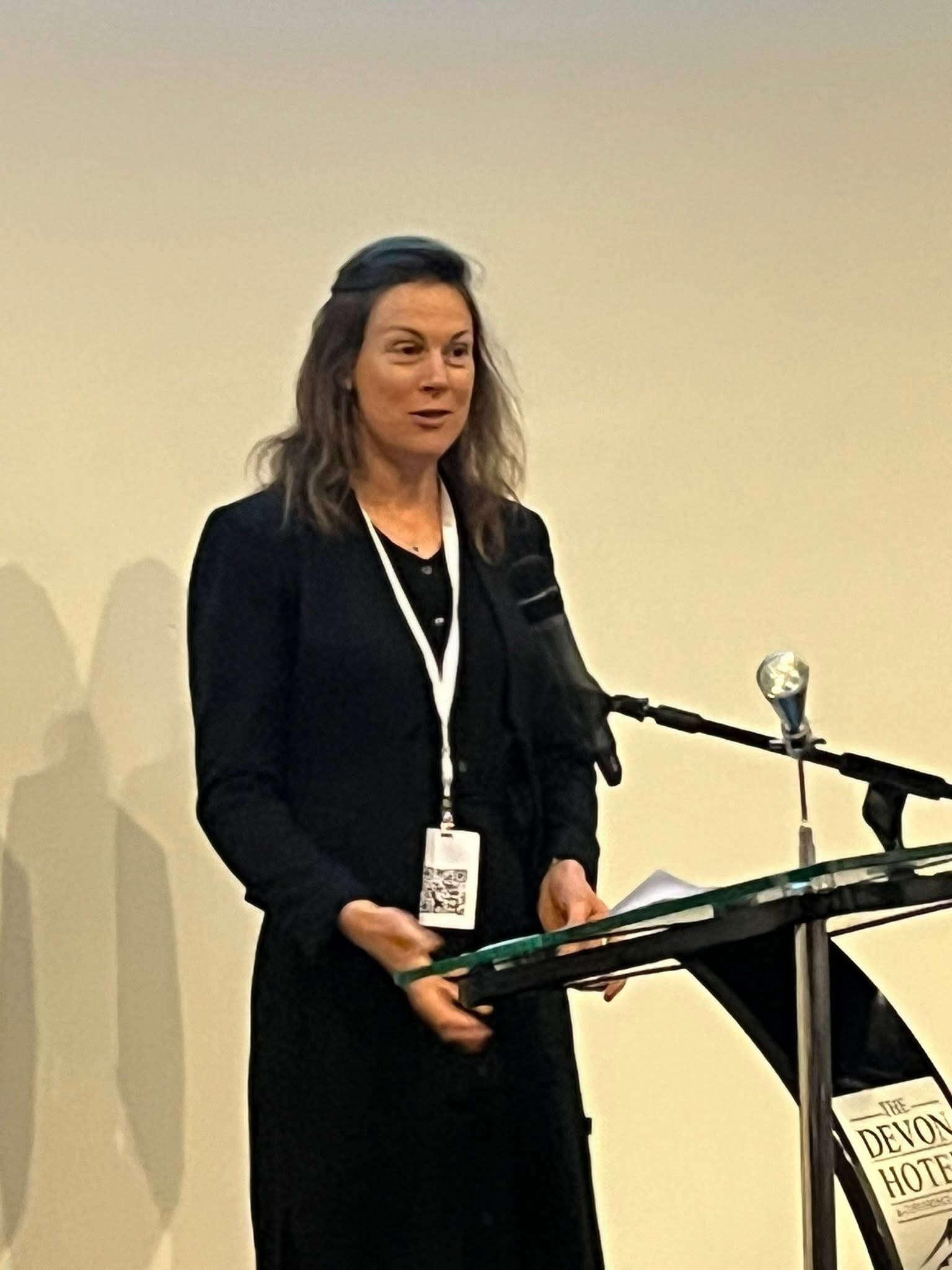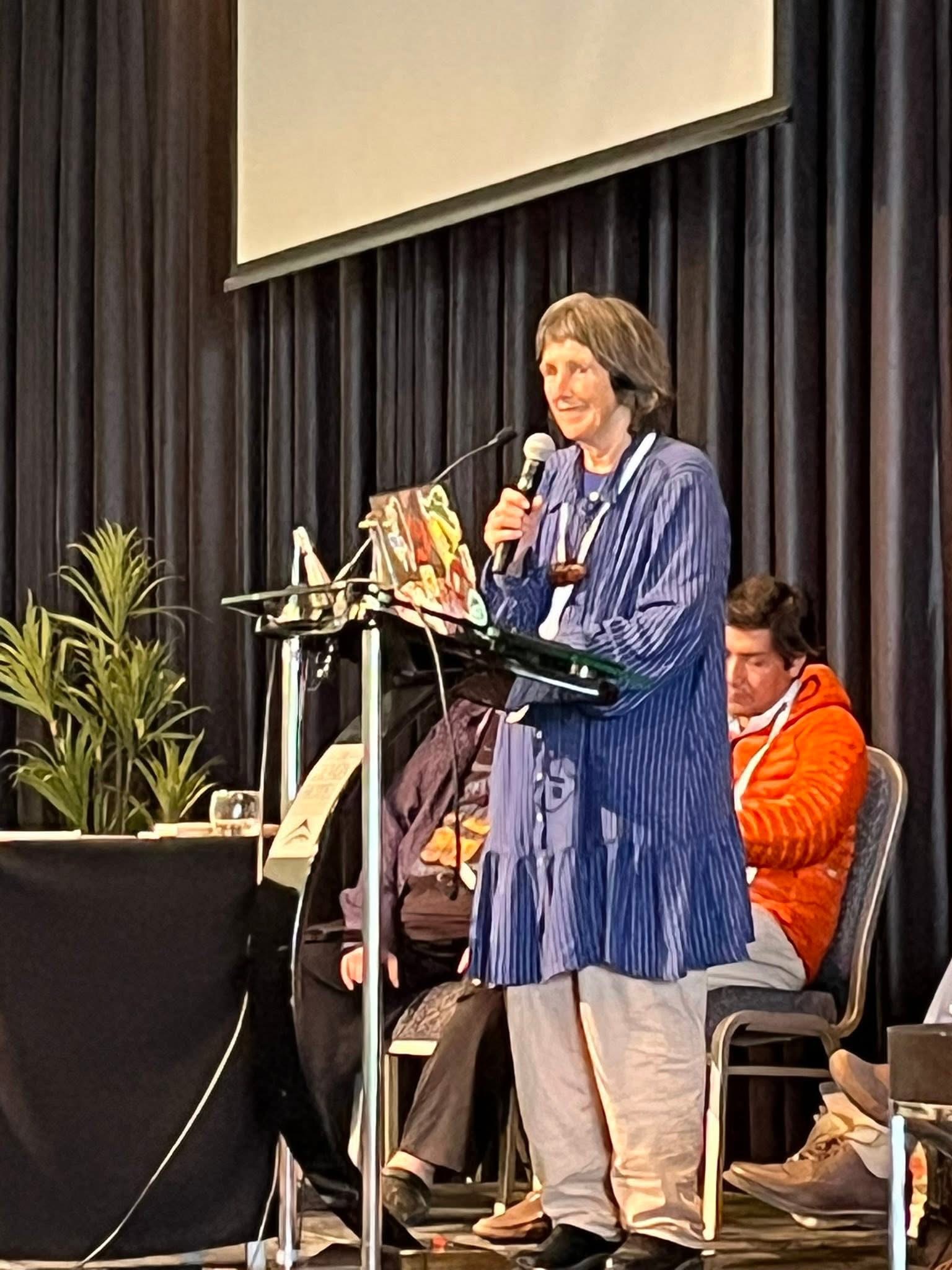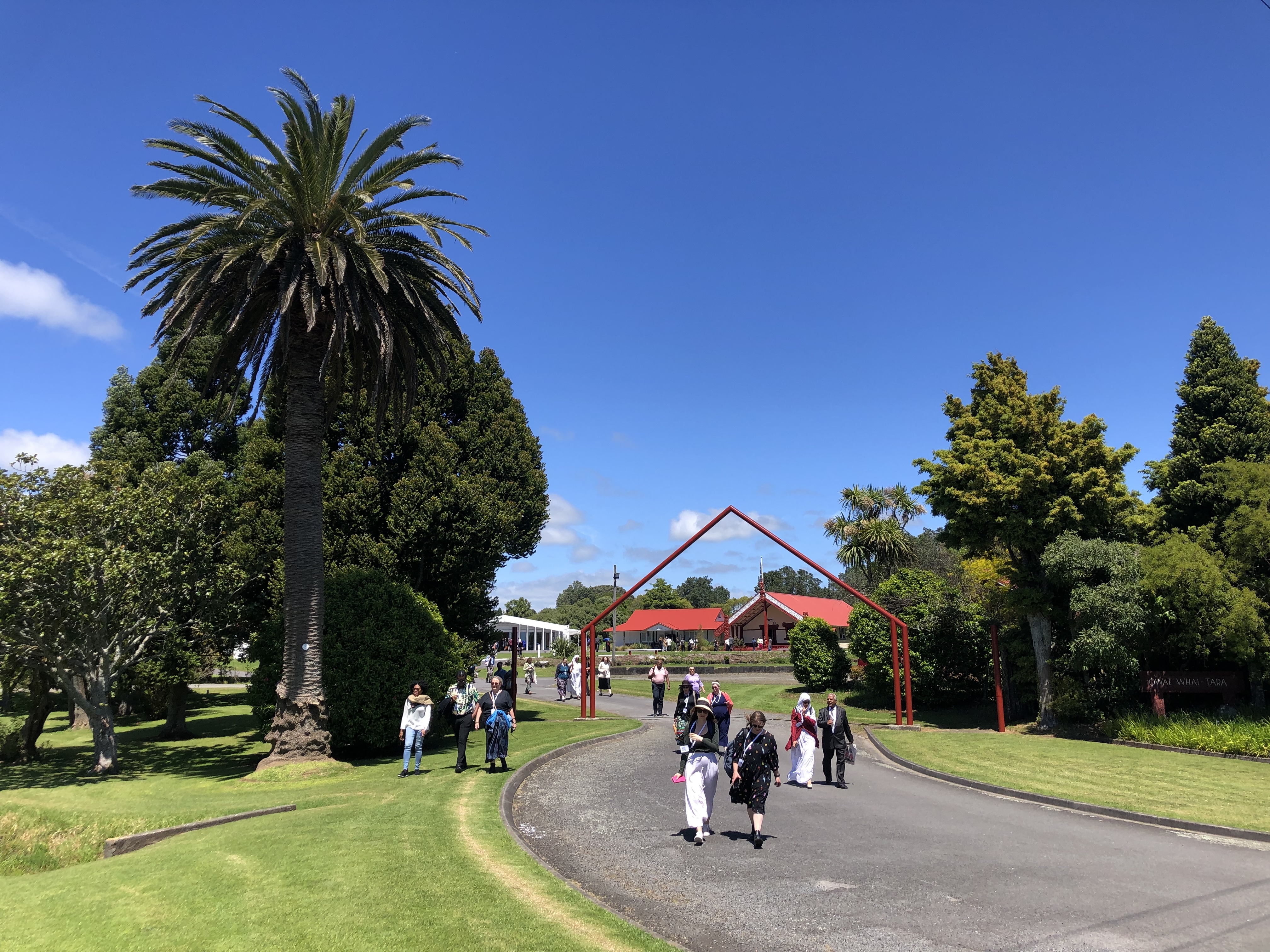
The International Peace Research Association (IPRA) Conference was held in Taranaki, New Plymouth, from November 4th- 8th, 2025. The theme of the conference was: Peace, Resistance, Reconciliation | Te Rongo i Tau, Te Riri i Tū, Te Ringa i Kotuia.
The conference website is here.
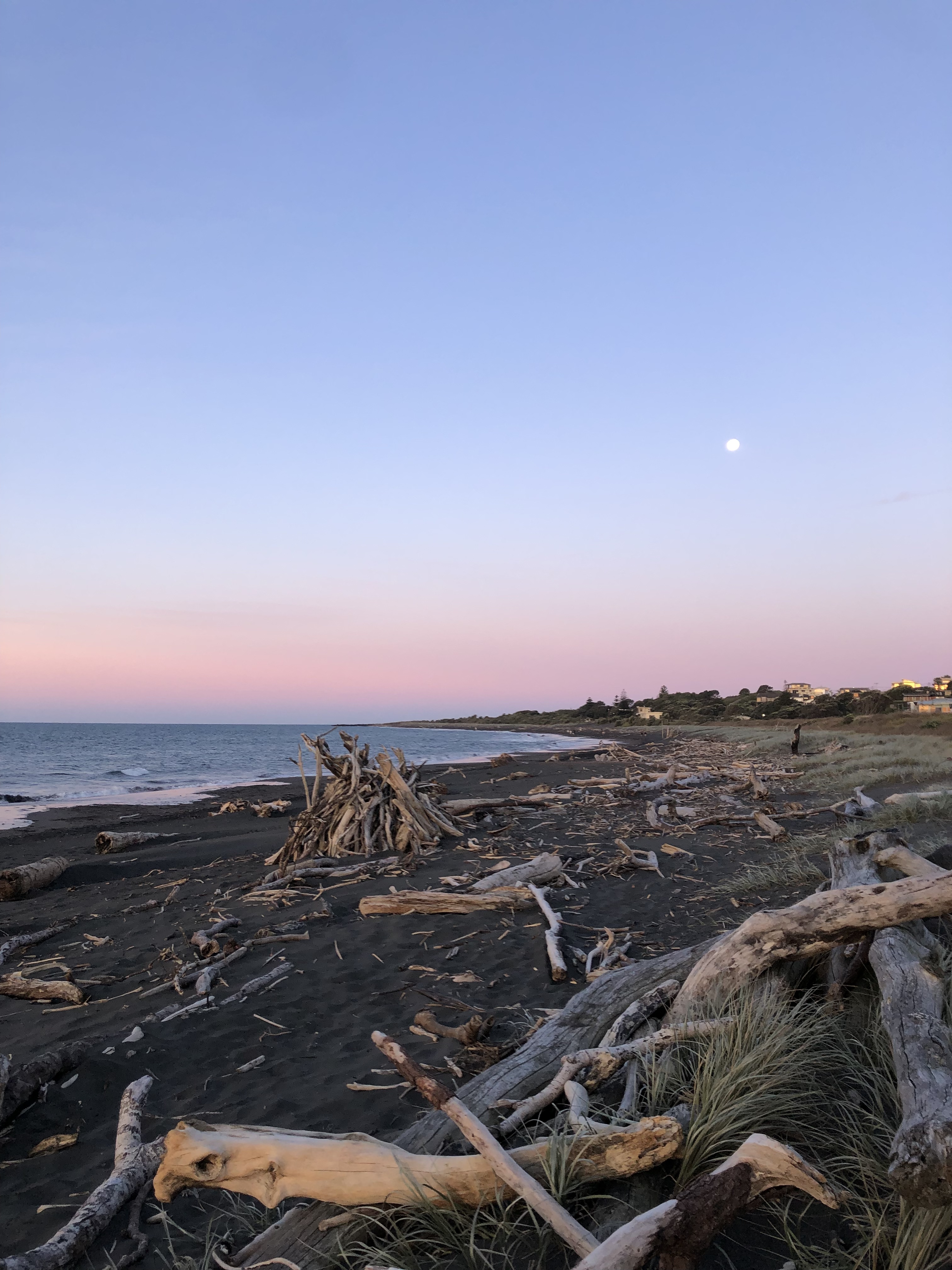
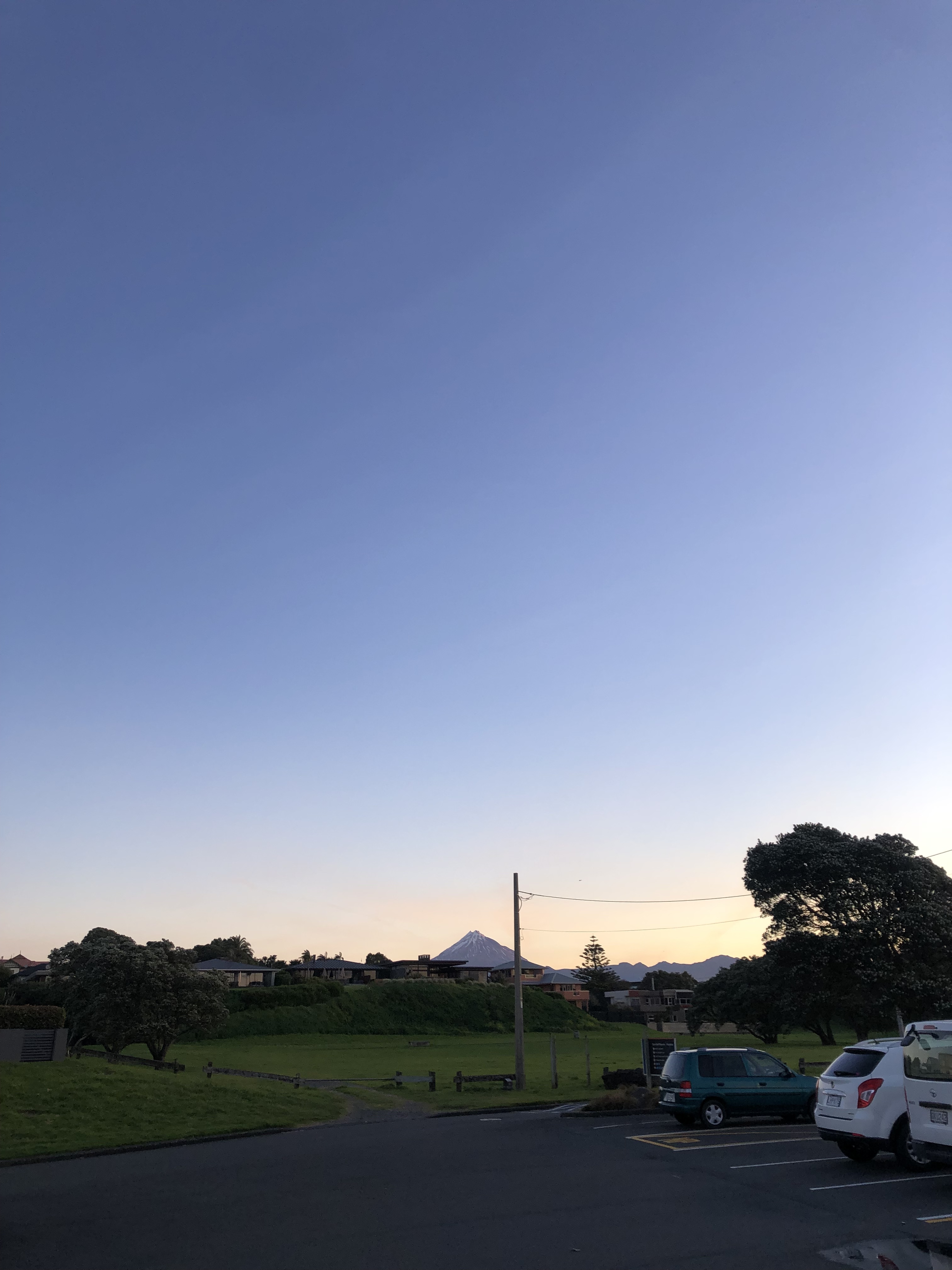
It was the first time that this conference has been held in Aotearoa, and the first time the conference has been held on indigenous lands. The location of the conference, in Taranaki, is very significant with it's proximity to Parihaka Pā. Maori are the indigenous people of Aotearoa NZ, and consider Parihaka to be the birthplace of non-violent resistance. The conference coincided with the anniversary of the invasion of Parihaka by Colonial troops on November 5th, 1881. Due to infrastructure issues at Parihaka Pā the conference could not be held onsite, and was instead opened at Ōrae marae nearby, before proceeding at the Devon Hotel in New Plymouth. The four days brought together over 180 peace researchers from across the globe to share their various areas of interest and expertise with the conference. The full programme can be found here.
The conference was opened with a visit to Ōrae marae which was a very powerful experience for all in attendance. Local iwi members told some of the history of Parihaka Pa and the consequences this has had through to the current day. You can learn more about Parihaka on this website here.
The conference programme brought together an impressive array of topics and speakers, from across the globe, addressing a wide range of peace, conflict and reconciliation themes from nuclear disarmament, to Israeli conscious objectors, to indigenous approaches to social stability and conflict resolution.
Wonderful learning was shared by all in presence, and so heartening in these fraught times where conflict is wrecking havoc on people and places across the globe, to gather and reaffirm our commitment to working for a more peaceful world.
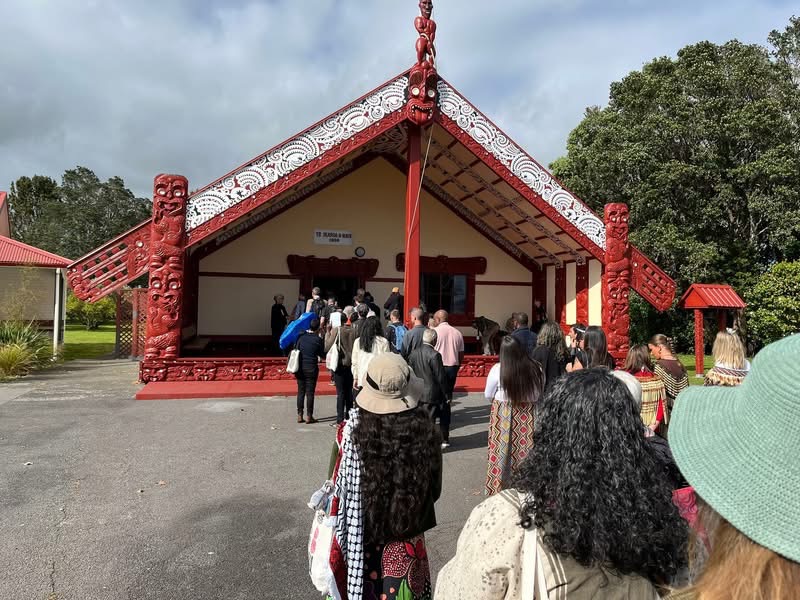

The Disarmament and Security Centre team delivered a panel titled Disarmament Education in Action: a Case Study from Aotearoa NZ
* Paper 1: Dr Kate Dewes. Title: Building on the UN Study - the foundations of Disarmament Education in Aotearoa NZ
* Paper 2: Dr Marcus Coll. Title: Drawing from the past to teach the future: using archival materials in the classroom
* Paper 3: Lucy Stewart. Title: The state of disarmament education in Aotearoa NZ today, successes and challenges
Abstract for Panel:
In this panel Dr Kate Dewes, Dr Marcus Colland Lucy Stewart, from the Disarmament and Security Centre (DSC), will canvas the state of Disarmament Education in Aotearoa New Zealand, how it came about and examples of initiatives that have taken place. They will also make the case that there is a need for a significant boost in the amount of disarmament education offered in Aotearoa.
Dr Kate Dewes will recount the foundations of this field, from her work on the UN Study on Disarmament Education (2002) which set out principles and guidelines for this field of work, and how this has translated to practice in Aotearoa, from the programmes that have been offered, to the funding available. Dr Marcus Coll will then highlight some of the keywork of the Disarmament and Security Centre over past decades and of the archival materials that document these initiatives, that are now available in public depositories for students and researchers to access. He’ll showcase how these materials are used successfully in the classroom. Lucy Stewart, will then discuss a recent research report written by the DSC, Tertiary Scoping Project, the State of Disarmament Education in Aotearoa New Zealand to highlight what the state the field is in currently,and what the challenges and successes are within the field.
Description of each paper:
Paper 1: Dr Kate Dewes will draw from her experiences on the UN Study on Disarmament Education which produced a report (2002) which has become the foundation for Disarmament Education in Aotearoa New Zealand. Dr Dewes will highlight the key aspects of the report and what the group aimed to achieve. Dr Dewes will highlight how this has translated into tangible disarmament education in classrooms and lecture theatres across Aotearoa in the decades since and how the report is still relevant and valuable for today’s disarmament challenges.
Paper 2: Dr Marcus Coll will draw from his experiences archiving historical peace and disarmament documents of the DSC and having them deposited within libraries across Aotearoa, primarily, the MacMillian Brown Library at the University of Canterbury. Dr Coll will canvas what materials are available in the archives, and discuss why archival material is so important in keeping the history alive and the role it can play in the classroom.
Paper 3: Lucy Stewart will discuss a recent research report written by the DSC, Tertiary Scoping Project, the State of Disarmament Education in Aotearoa New Zealand to highlight what the state the field is in currently at universities across the motu. She will outline the work that is currently happening to grow the sector and boost the level of disarmament education that is being offered. She will highlight the successes that are apparent, but also the significant challenges that lie ahead.
